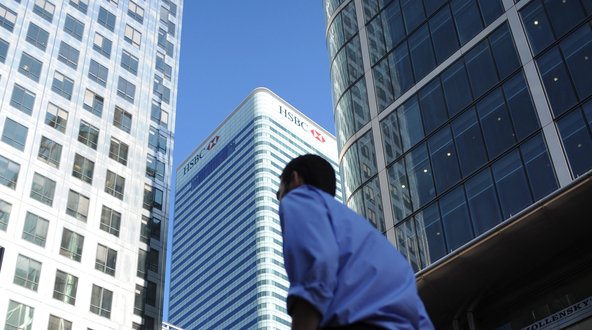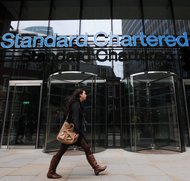Pitches like that, from a salesman for Nanjing Xhunter Software, were not uncommon at a crowded trade show this month that brought together Chinese law enforcement officials and entrepreneurs eager to win government contracts for police equipment and services.
“We can physically locate anyone who spreads a rumor on the Internet,” said the salesman, whose company’s services include monitoring online postings and pinpointing who has been saying what about whom.
The culture of hacking in China is not confined to top-secret military compounds where hackers carry out orders to pilfer data from foreign governments and corporations. Hacking thrives across official, corporate and criminal worlds. Whether it is used to break into private networks, track online dissent back to its source or steal trade secrets, hacking is openly discussed and even promoted at trade shows, inside university classrooms and on Internet forums.
The Ministry of Education and Chinese universities, for instance, join companies in sponsoring hacking competitions that army talent scouts attend, though “the standards can be mediocre,” said a cybersecurity expert who works for a government institute and handed out awards at a 2010 competition.
Corporations employ freelance hackers to spy on competitors. In an interview, a former hacker confirmed recent official news reports that one of China’s largest makers of construction equipment had committed cyberespionage against a rival.
One force behind the spread of hacking is the government’s insistence on maintaining surveillance over anyone deemed suspicious. So local police departments contract with companies like Xhunter to monitor and suppress dissent, industry insiders say.
Ai Weiwei, the dissident artist, said he had received three messages from Google around 2009 saying his e-mail account had been compromised, an increasingly common occurrence in China among people deemed subversive. When the police detained him in 2011, he said, they seized 200 pieces of computer equipment and other electronic hardware.
“They’re so interested in computers,” Mr. Ai said. “Every time anyone is arrested or checked, the first thing they grab is the computer.”
There is criminal hacking, too. Keyboard jockeys break into online gaming programs and credit card databases to collect personal information. As in other countries, the police here have expressed growing concern.
Some hackers see crime as more lucrative than legitimate work, but opportunities for skilled hackers to earn generous salaries abound, given the growing number of cybersecurity companies providing network defense services to the government, state-owned enterprises and private companies.
“I have personally provided services to the People’s Liberation Army, the Ministry of Public Security and the Ministry of State Security,” said a prominent former hacker who used the alias V8 Brother for this interview because he feared scrutiny by foreign governments. He said he had done the work as a contractor and described it as defensive, but declined to give details.
And “if you are a government employee, there could be secret projects or secret missions,” the hacker said.
But government jobs are usually not well paying or prestigious, and most skilled hackers prefer working for security companies that have cyberdefense contracts, as V8 Brother does, he and others in the industry say.
Self-trained, the hacker teamed up with China’s patriotic “red hackers” more than a decade ago. Then he began working for cybersecurity companies and was recently making $100,000 a year, he said.
Jonathan Ansfield contributed reporting, and Mia Li contributed research.
Article source: http://www.nytimes.com/2013/05/23/world/asia/in-china-hacking-has-widespread-acceptance.html?partner=rss&emc=rss

